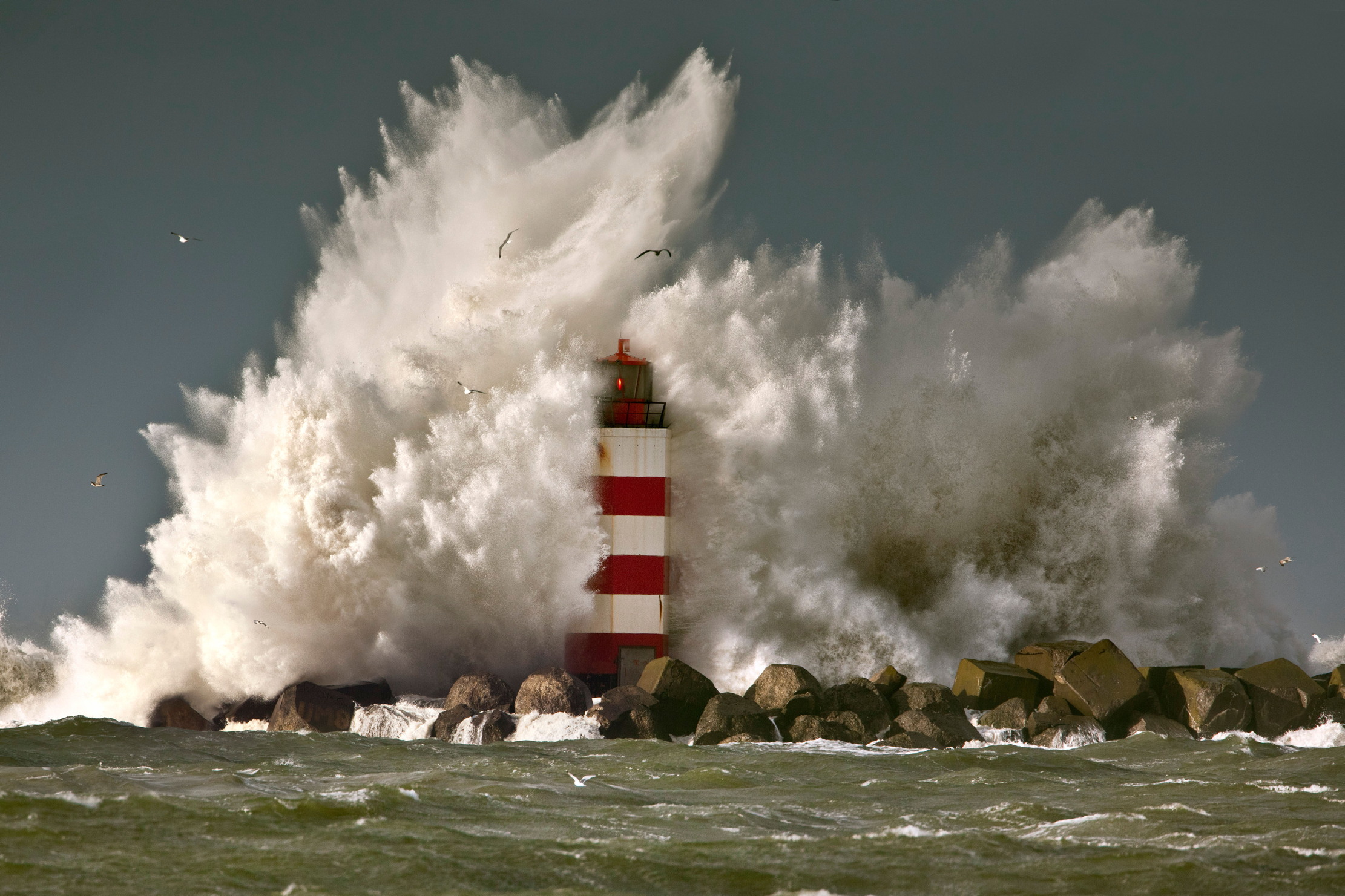Sir Francis Beaufort: The man who measured the wind and set the foundations for the Shipping Forecast
Neptune’s realm may never be tamed by Man, but Sir Francis Beaufort ensured seafarers have a way to measure the winds


Seafarers, aviators and chronic insomniacs are familiar with the Beaufort Scale, the empirical measure of wind force so soothingly delivered on the Shipping Forecast. It was developed on board HMS Woolwich by its then commander, Irish-born Francis Beaufort (1774-1857).
Beaufort’s first seafaring position was as a cabin boy aged 14 on the East Indiaman Vansittart, soon learning the value of accurate charts when she hit a shoal off Indonesia and was wrecked. In 1790, he joined the Royal Navy as a midshipman, even then ‘expand[ing] his journal from the required notation of the weather every 12 to 24 hours to reports of it at two-hour intervals’. From then on, until three days before his death aged 83, he kept a daily weather journal, with notations of wind, temperature and barometric readings.
Beaufort rose quickly through the ranks to captain and, after the Napoleonic Wars, the Admiralty gave him his first command, HMS Woolwich, later tasking him with conducting a hydrographic survey of the Rio de la Plata estuary in South America.
'We have few officers (indeed I do not know one) in our Service who have half his professional knowledge and ability, and in zeal and perseverance he cannot be excelled'
He presented his 13-point system in his private logbook entry of January 13, 1806, stating that he would ‘estimate the force of the wind according to the following scale, as nothing can convey a more uncertain idea of wind and weather than the old expressions of moderate and cloudy, etc..’ Over the years, he tinkered with and simplified his creation, but it was not until 1838 that it was formally adopted by the navy. The Beaufort Scale standardised observations, ensuring one man’s gentle breeze couldn’t be confused with another’s violent storm.
In 1808, Alexander Dalrymple, the Admiralty’s first hydrographer, remarked: ‘We have few officers (indeed I do not know one) in our Service who have half his professional knowledge and ability, and in zeal and perseverance he cannot be excelled’.
Beaufort noted in 1838 that ‘no seaman in command of a ship ever thinks of going to sea without a barometer’ and, in 1843, he oversaw a naval issue of mercury instruments, so even those ‘not imbued with a sense of [meteorology’s] importance’, at least had something to consult. Elected as a Fellow of the Royal Astronomical Society in 1829, he was appointed the British Admiralty Hydrographer of the Navy the same year, a post he served in for a record 26 years. He was knighted in 1848.
Beaufort also trained Robert FitzRoy, the creator of the Shipping Forecast. When Fitzroy sought ‘a well-educated and scientific gentleman’ to accompany him on the second voyage of survey ship HMS Beagle, Beaufort’s enquiries led him to a young Charles Darwin.
Exquisite houses, the beauty of Nature, and how to get the most from your life, straight to your inbox.
Agnes has worked for Country Life in various guises — across print, digital and specialist editorial projects — before finally finding her spiritual home on the Features Desk. A graduate of Central St. Martins College of Art & Design she has worked on luxury titles including GQ and Wallpaper* and has written for Condé Nast Contract Publishing, Horse & Hound, Esquire and The Independent on Sunday. She is currently writing a book about dogs, due to be published by Rizzoli New York in September 2025.
